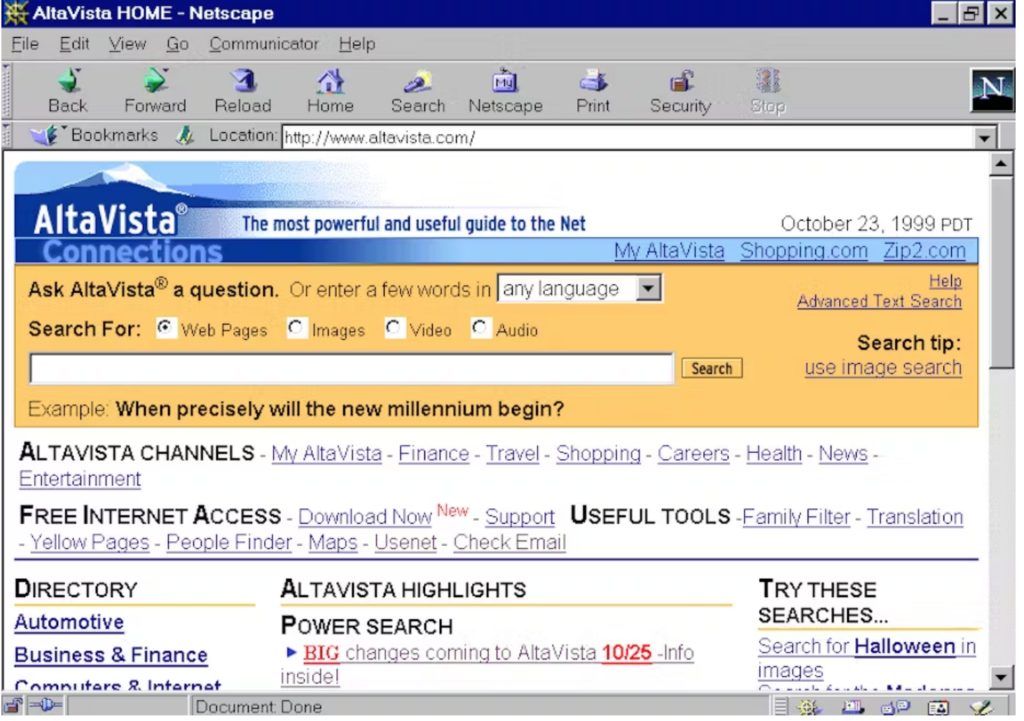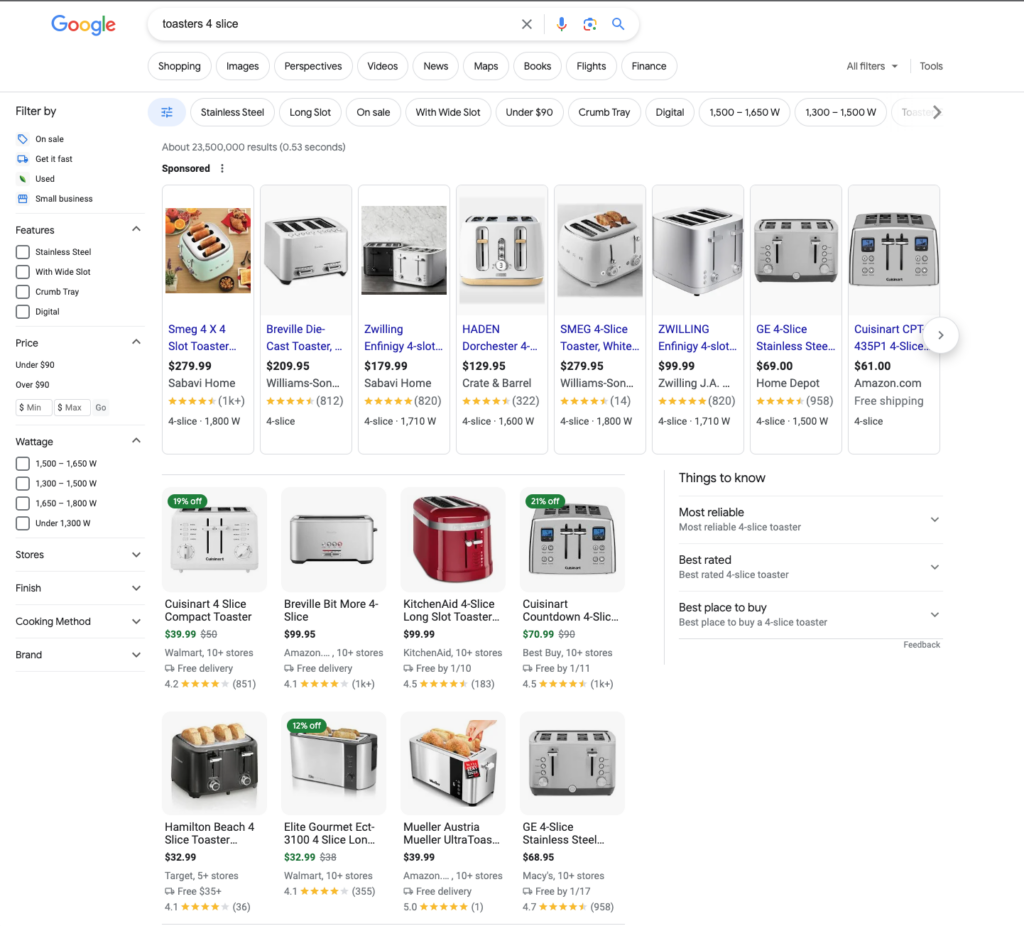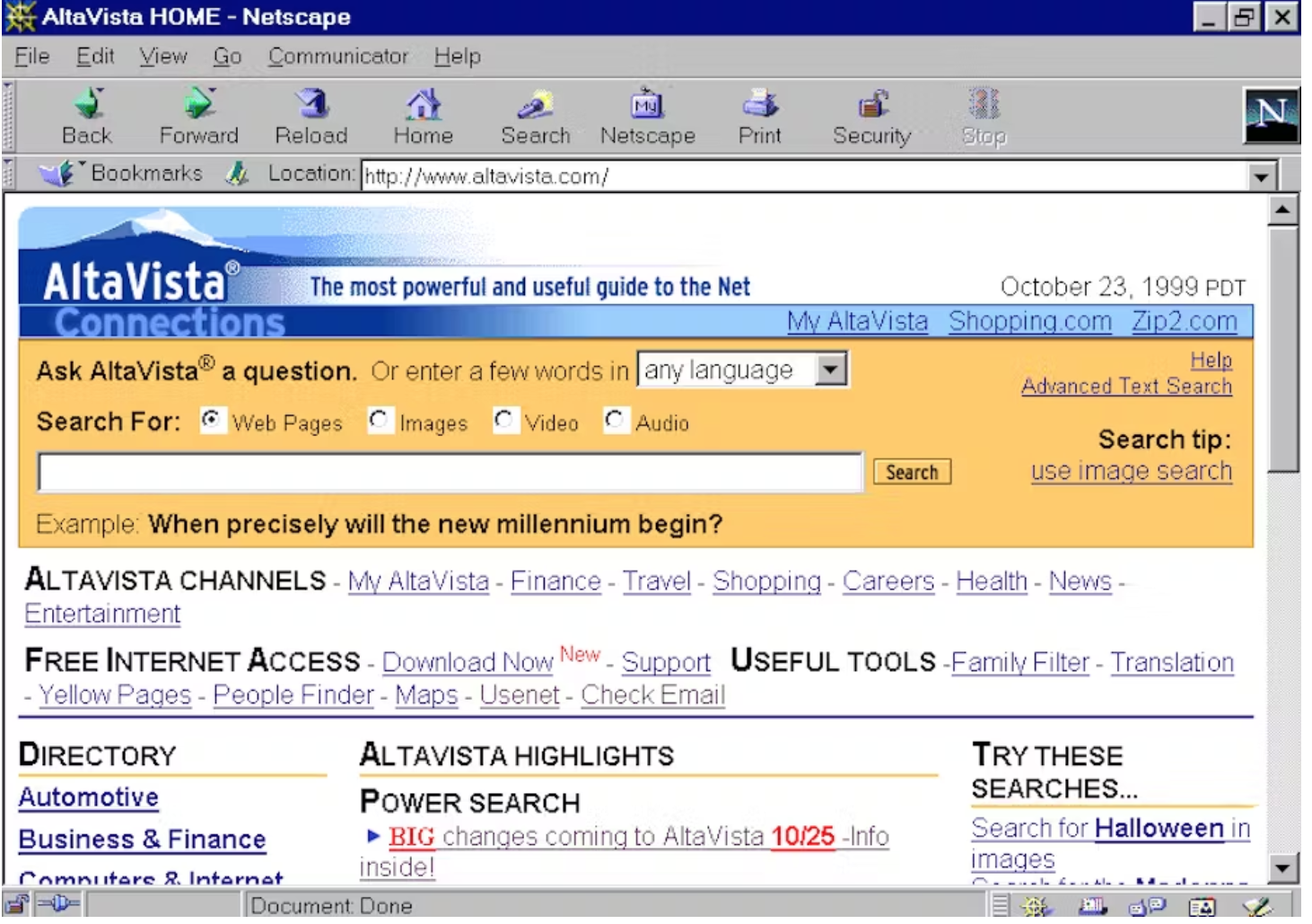Think of keyword research as a map for navigating to a magnificent treasure, hidden away on an island, far out in the doldrums of a vast digital ocean.
Remember those precious and curious days of dial-up internet, when AltaVista was your go to search resource (or maybe Lycos?), Netscape was your preferred browser, and “keyword targeting” meant a handful of common sense words crammed into your website’s meta tags? Yeah, those were simpler times.

Fast forward to the hypercompetitive SERPs of 2024, where organic search visibility is a pinnacle priority for marketers, and keyword research has evolved into a sophisticated science (and art) of its own.

Think of keyword research as a map for navigating to a magnificent treasure, hidden away on an island, far out in the doldrums of a vast digital ocean.
Keyword research is about fundamentally understanding what people are searching for, how they’re searching for it, and then aligning your website’s architecture to reflect that language in a meaningful and compelling way. Gone are the days of throwing random words at a title tag and hoping something results in a top 20 ranking. The modern marketing masters of elevated keyword research are well equipped with an arsenal of tools and strategies, each meticulously honed to accommodate the ever-changing algorithms which power the melange of search result features we know and love.
We may have abandoned AltaVista, and the now decommissioned Google Ads External Keyword Tool for state of the art platforms such as SEMRush, aHrefs, and Moz, where intricate keyword research dashboards reveal hidden gems like search volume, competition levels, and even related searches. These tools have become ubiquitous in the world of search, providing insights into the minds of potential customers and uncovering nuanced search queries which are prime for targeting. Remember the “long tail”? Those niche, specific phrases that once hid in the shadows are now prime hunting grounds, offering targeted traffic and laser-focused conversions.
Here are four actionable principles to fuel your keyword research expedition:
- Deep Dive into Your Niche: Ditch the broad strokes and embrace granularity. What keeps your target audience awake at night? What specific questions do they ask Google? Conduct surveys, analyze online communities, and explore industry forums to understand their language, pain points, and aspirations. This hyper-focused understanding will inform your keyword selection, ensuring you speak directly to their needs.
- Embrace the Long Tail Bonanza: Forget broad terms like “shoes” and embrace the power of specificity. “Vegan hiking boots for women with wide feet” isn’t just a mouthful; it’s a laser beam slicing through the noise, attracting a highly qualified audience with intent to buy. These long-tail keywords offer lower competition, higher conversion rates, and a direct line to customers seeking your precise offering.
- Spy on Your Competition (Ethically, of Course): Competitive research isn’t about stealing; it’s about learning. Analyze what your competitors are doing right (and wrong) with their keywords. Use tools like Ahrefs’ Site Explorer to discover their top-performing organic pages and the keywords driving their traffic. Identify gaps in their strategy and capitalize on them. Remember, imitation is the sincerest form of flattery, but innovation is the key to true victory.
- Content, the Unsung Hero: Ultimately, keyword research is a means to an end – compelling content that resonates with your audience. Don’t just sprinkle keywords like confetti; weave them seamlessly into informative, engaging pieces that offer real value. Prioritize user experience over keyword density. Google rewards quality content, so focus on creating resources that educate, entertain, and address your audience’s needs head-on.
Armed with this nostalgically imbued consideration and fueled by actionable insights, you can now embark on your keyword research expedition. But remember, the digital landscape is constantly shifting. Stay adaptable, keep your research sharp, and evolve your strategy with the algorithms. Embrace these resources as your trusted guides:
- Moz Beginner’s Guide to Keyword Research
- Ahrefs Blog: Keyword Research Tips and Tricks
- SEMrush Academy: Keyword Research for SEO
- Backlinko: The Definitive Guide to Keyword Research
Remember, success in the digital jungle isn’t about brute force; it’s about strategic intelligence. So, sharpen your tools, hone your research skills, and conquer the SERPs with content that truly captivates your audience. The digital jungle awaits, and victory belongs to the explorers who navigate it wisely.









